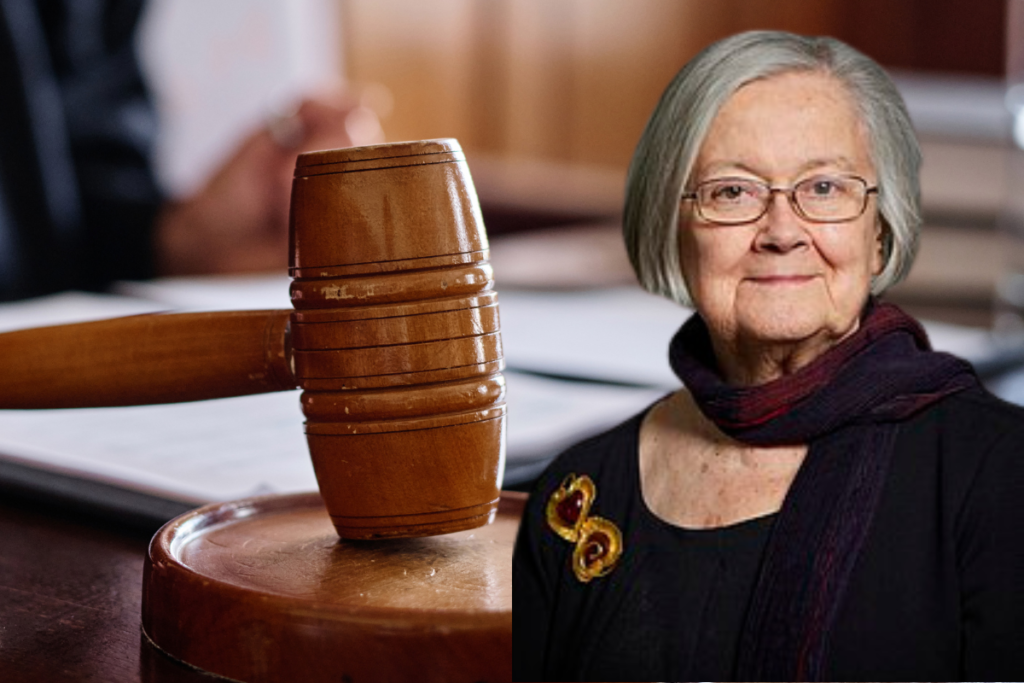The European Union’s free trade agreement with Vietnam is facing critical scrutiny regarding its adherence to human rights provisions. Critics argue that the agreement may undermine the EU’s commitment to promoting human rights and labor standards in its trade relations.
The EU-Vietnam Free Trade Agreement, which came into effect in August 2020, aims to enhance economic cooperation and trade between the two entities. However, human rights organizations have raised alarms, stating that the agreement could inadvertently legitimize Vietnam’s authoritarian regime and its history of suppressing dissent and curtailing freedoms.
Concerns have been specifically directed at the Vietnamese government’s treatment of political dissidents, journalists, and human rights defenders. Reports indicate that those who speak out against the government face harassment, imprisonment, and other forms of persecution. Critics contend that the EU must ensure that trade agreements incorporate stringent human rights safeguards to prevent complicity in such violations.
In response to these concerns, the EU has emphasized the importance of dialogue with Vietnam regarding human rights issues. The EU-Vietnam agreement includes provisions for a sustainable development chapter, which seeks to address labor rights and environmental standards.
However, advocates argue that these measures are insufficient in providing meaningful accountability for human rights violations. As the EU evaluates its trade partnerships, the intersection of economic interests and human rights remains a pressing issue.
The ongoing discussions surrounding the EU-Vietnam Free Trade Agreement highlight the need for continued advocacy and monitoring to ensure that trade agreements align with the EU’s commitment to promoting human rights globally. The outcome of these discussions may influence future trade relations and shape the EU’s approach to human rights in its international dealings.



